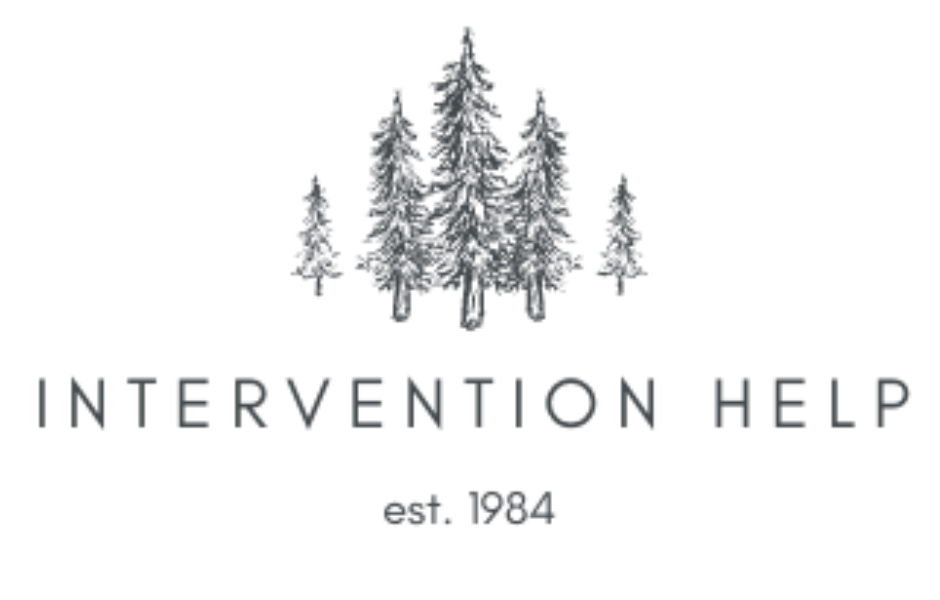Understanding Mental Health in Seattle: Key Statistics and Insights
Seattle, a city known for its vibrant culture and stunning natural beauty, also faces significant mental health challenges. As a hub of the Pacific Northwest, Seattle’s residents experience unique stressors that contribute to the city's mental health landscape. This blog aims to shed light on key mental health statistics in Seattle, providing a comprehensive overview of the current state and highlighting the importance of seeking professional intervention.
Prevalence of Mental Health Issues
Mental health issues are prevalent across the United States, and Seattle is no exception. According to the Seattle Times, approximately 1 in 5 adults in Washington report experiencing mental health issues. This aligns with national statistics, where nearly 20% of adults face mental health challenges annually. The article states, “Washington ranks among the states with the highest percentage of adults with a diagnosable mental, behavioral or emotional disorder, other than a substance use disorder.”
Sadly, according to KFF.org, “the leading health policy organization in the U.S.,” Washington’s suicide rate was about 1% higher than the national average.
Depression and Anxiety
Depression and anxiety are among the most common mental health disorders in Seattle. Both can be debilitating, and both tend to be misunderstood and socially stigmatized. According to KFF.org, 32.6% of adults in Washington reported symptoms of anxiety and/or depressive disorder.
Substance Abuse and Co-Occurring Disorders
Substance abuse often intersects with mental health disorders, creating complex challenges for individuals and healthcare providers. In Seattle, the prevalence of substance use disorders is notably high—and growing. From 2011-2021, drug overdose death rates increased from 14.1 to 28.1 per 100,000 in Washington. In 2021, there were 1,623 opioid overdose deaths in Washington, accounting for 72% of all drug overdose deaths in the state. Lastly, the age-adjusted death rate due to opioid overdose increased from 9.9 per 100,000 in 2011 to 20.5 per 100,000 in 2021 in Washington.
The Importance of Seeking Help
Mental health challenges in Seattle are significant, affecting individuals across all demographics. These statistics paint a stark picture of the mental health landscape in Seattle, but they also emphasize the importance of seeking help. Professional intervention can be a lifeline for those struggling with mental health and substance use disorders. At Intervention Help, we are committed to providing compassionate and effective interventions for drug, alcohol, and mental health issues. Our team of experts is dedicated to helping individuals and families navigate the path to recovery in a unique engaging way that honors the person of concern’s choices. If you or a loved one is struggling with mental health or substance use disorders, Intervention Help is here to support you every step of the way.
For more information and to access our services, please contact us directly. Together, we can build a healthier, more resilient Seattle.
References
Seattle Times. Mental Health in King County.
FAQs on Mental Health in Seattle
-
Family members play a crucial role in the intervention process. They provide support, encouragement, and motivation for their loved ones to seek help. Our intervention team works closely with the entire family to ensure a comprehensive and compassionate approach to treatment.
-
Mental health services include a range of support and treatment options designed to help individuals manage and overcome mental illness. These services can include counseling, therapy, medication management, and support groups.
-
Early intervention can significantly improve the outcomes of mental health treatment. Addressing mental health issues early can prevent them from becoming more severe and help individuals return to their daily lives more quickly and effectively.
-
Our intervention team consists of experienced professionals trained in addiction and mental health services. They work together to create a tailored intervention plan that addresses the unique needs of each individual and their family.
-
We offer interventions, and we are not a treatment center. Our programs are designed to provide comprehensive care and support throughout the recovery process and help the person of concern enter a treatment center. Treatment centers offer a variety of treatment types including outpatient treatment and specialized programs for addiction treatment and mental health services.
-
We offer strategies to help individuals identify and manage destructive behaviors. Through therapy, counseling, and long-term support, we help clients develop healthier coping mechanisms and behaviors.
-
Our programs are designed to involve the entire family in the intervention process. We offer family counseling and support groups to help family members understand the challenges their loved ones face and how they can provide effective support.
-
Yes, we encourage family members to reach out to us for advice and support. Our team is here to help guide you through a successful intervention process and provide the resources you need.
-
The Mental Health Services Administration provides guidelines and support that help shape treatment program. While Intervention Help is not a treatment center, we adhere to high standards to ensure we provide high-quality, effective mental health and addiction intervention services.
-
Outpatient treatment options are for individuals who need flexible treatment schedules. Outpatient treatment allows clients to receive the care they need while continuing with their daily responsibilities and living at home. We can help clients attend either inpatient or outpatient care, depending on their needs.
-
Our interventions are designed to address both addiction and mental health issues simultaneously.

